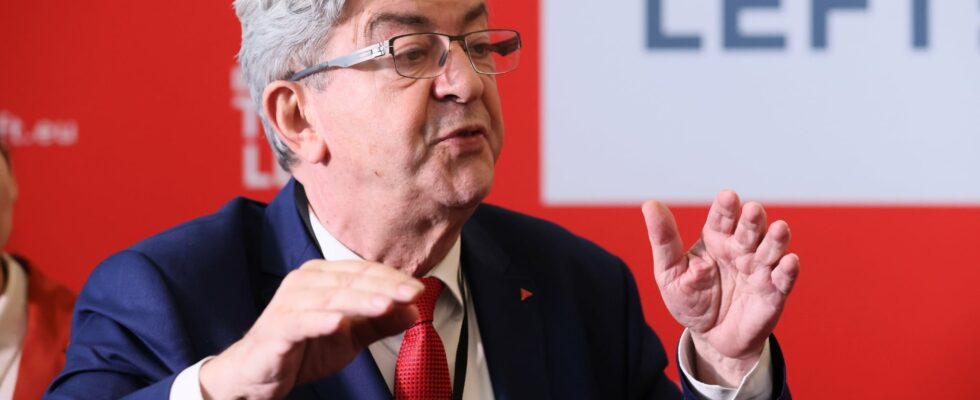“Resign rather than submit”. Since Sunday, La France Insoumise (LFI) has been calling for impeachment proceedings to be launched against Emmanuel Macron, who it believes is responsible for an “institutional coup”. In a column published in The Tribune Sunday On August 18, the movement’s leaders accused the head of state of refusing to “acknowledge” the result of the vote in the legislative elections on July 7, in which the New Popular Front (NFP) came out on top. They then invoked Article 68 of the Constitution, which allows Parliament to dismiss the president for “failure to fulfill his duties manifestly incompatible with the exercise of his mandate.” A request that did not leave their allies indifferent, with several members of the NFP, such as PS leader Olivier Faure, having dissociated themselves on X.
Beyond this tactical divergence, Article 68 of the Constitution is especially difficult to implement, and is unlikely to shake Macronie and the executive. First, the elected officials who initiated this procedure will have to convince the Assembly and the Senate to constitute themselves as a “High Court”. This involves a proposed resolution that must be successively validated by the Bureau of the Assembly (the NFP has at least 12 votes out of 22), then adopted in the Law Commission and in the Chamber, by a two-thirds majority. A similar process must then be followed in the Senate, which has a right-wing majority.
A very unlikely procedure
But if La France Insoumise, which has 72 deputies, can a priori submit its resolution to the National Assembly alone (it requires 1/10th of the 577 deputies), getting 2/3 of the deputies, or 384 parliamentarians, to agree seems difficult. In the hypothesis – which died in the bud after the PS’s refusal to support this impeachment procedure – where all the NFP deputies voted for it, there would only be 151. And even in the case where the High Court is constituted, the impeachment of the President of the Republic must also be voted by a majority of two-thirds of its members (i.e. 617 parliamentarians out of 925). Very unlikely, therefore, given the balance of power within the two parliamentary chambers. “We believe that it is up to the leaders of the parties in our coalition and the presidencies of our parliamentary groups to debate it and make their respective decisions,” LFI nevertheless defended. In this perspective, the leader of the environmentalists Marine Tondelier, also questioned by The Tribuneevaded: “I dare not imagine that Emmanuel Macron will not appoint Lucie Castets. In any case, my energy and that of the Ecologists are primarily used to ensure that he does so.”
Since its entry into force in France, Article 68 has only been used once. In 2016, members of parliament from Les Républicains (LR) launched impeachment proceedings against François Hollande due to revelations and confidences classified as top secret made in the book by journalists from World Gérard Davet and Fabrice Lhomme, A president should not say that… (Stock, 2016). The proposal was rejected as soon as it was examined by the bureau of the Assembly. This Friday, August 23, Emmanuel Macron will receive political leaders, including the leaders of the NFP, with their designated candidate for Matignon, Lucie Castets. There is no doubt that this call for impeachment will be part of the discussion.
